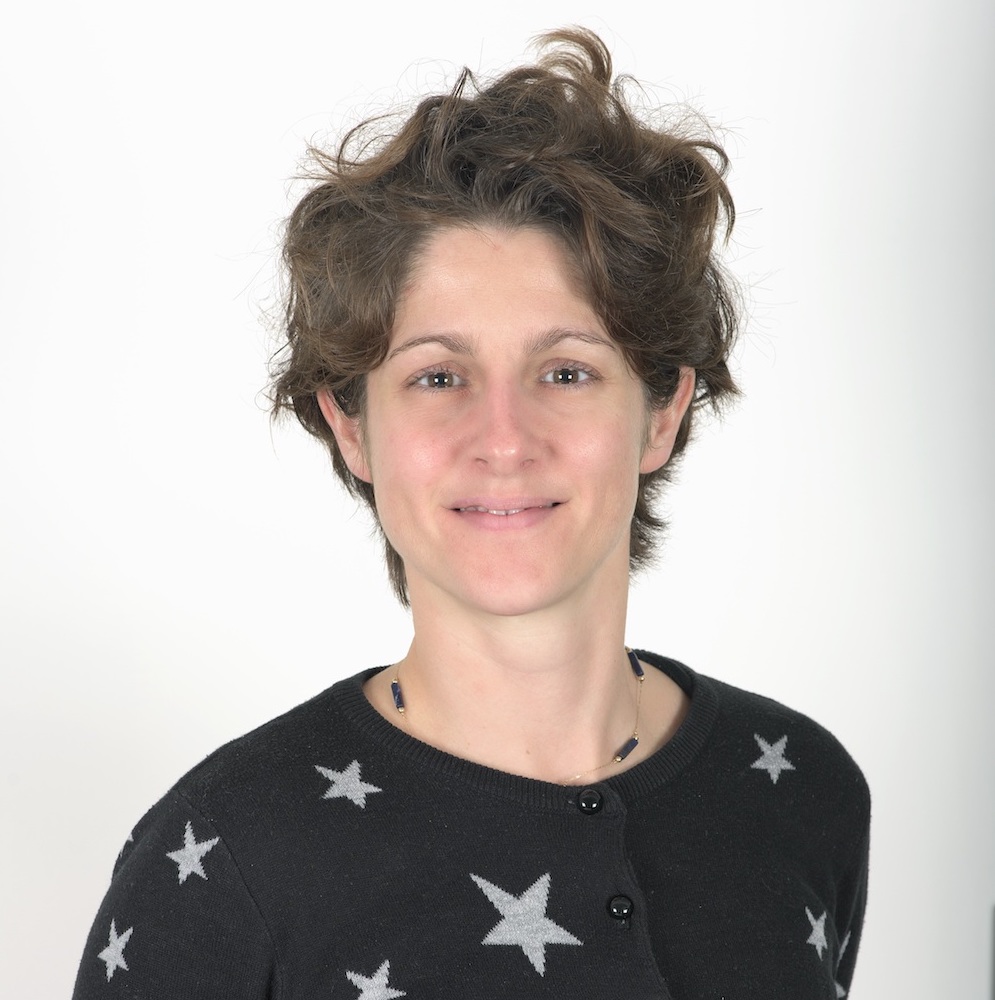
Dr Emma Martinez works as Public Engagement Officer at the Babraham Institute and is Project Officer for open experiments and co-creation in the ORION project.
Firstly, tell us a bit about the Babraham Institute
The Babraham Institute is a world-class research institution located near Cambridge, UK. The Institute’s goal is to investigate the biological mechanisms underpinning ageing, development and the maintenance of health. Our research focuses on signalling, immunology and epigenetic regulation through the different stages of life. By determining how the body reacts to factors such as dietary and environmental stimuli and manages microbial and viral interactions, we aim to improve wellbeing and support healthier ageing.
The Institute receives strategic funding from the UK government via the Biotechnology and Biological Sciences Research Council, as well as response-mode funding from the European Commission and charities such as the Wellcome Trust. We are committed to maximising the impact of our work in all areas of our society by sharing our findings and working closely with other organisations, policy makers, press and the public.
What comes to mind when you talk about Open Science?
In the broad sense, Open Science has been around for a long time. Scientists have been communicating their discoveries and achievements for centuries. The arrival of the steam-powered printing press and the mass production of scientific texts in the nineteenth century, allowed the popularisation of science. In present times, word of mouth has been overtaken by other types of communication such as broadcast and social media. With more and more technologies at our fingertips, there is increasing demand for access to scientific proceedings, output and knowledge. This provides an unprecedented opportunity to develop knowledge and inclusive societies. Open Science offers a framework to engage the public in research to contribute to the development of these societies.
What is the motivation behind the Institute getting involved in the ORION Open Science project?
The ORION project is about embedding Open Science and Responsible Research and Innovation (RRI) principles in research performing and research funding organisations (RPFOs). One of these principles is Public Engagement. Our Institute has a rich history and strong track-record in public engagement and science communication. We are committed to be an open, transparent and accountable organisation, proactively seeking opportunities such as the ORION project. Other motivations for joining ORION include:
- providing opportunities for our researchers to explore the concept of Open Science and the RRI principles
- building on our existing Public Engagement programme, making the Institute and its research more open and accessible
- considering ways that the Institute can embed Open Science and the RRI principles in its culture and research.
What do you hope to achieve through the project?
With the ORION project we want to empower our staff to become more aware and implement Open Science and RRI principles. The evidence we will produce through the ORION project will support our organisations to consider ways in which we can develop more participative and inclusive research and innovation processes. Aligning the research and innovation process with the views, expectations and values of society means that we can all share responsibility in creating the future – a future that fits everyone.
What do you see is the greatest challenge for ORION?
The ORION consortium members excel in fundamental research in life sciences and biomedicine, yet their specific experience in engaging different types of audiences varies. One of the main challenges of this project is to identify the right scope for stakeholder engagement and how and when to efficiently engage them to achieve the desired outcomes. This challenge is where the strength of the consortia becomes clear: each of the participating organisations have different networks, experience and expertise in engaging. For each of the ORION topics, working together and sharing best practices will allow us to leverage the combined knowledge of diverse, experienced organisations to empower each other to be more open and to fully integrate the RRI in their research.
What do you personally find most exciting about the ORION project?
The core of the ORION project is co-creation – adding new value to existing things by bringing together diverse groups of people from different areas of society. The most exciting part of the project is to be able to use our organisations as a test bed for co-creating, it really is like experimenting with different components of a chemical reaction! The most interesting part will be comparing the results of co-creating in four different countries and drawing conclusions on how to best engage different audiences to create value together.
In one year, when the project is coming to an end, what is your dream scenario for ORION?
The ORION project is very ambitious as it seeks to promote cultural and behavioural changes in research funding and performing organisations across. A very positive outcome for ORION would be if the recommendations and roadmaps produced by the project were to be widely adopted by the nine associated partners and the scientific community more broadly. The ultimate outcome would be evidence of greater participation and engagement of all the quadruple helix stakeholders (academia and higher education; industry and private sector; government and public sector; and general public and civic society) through the entire research lifecycle in all RFPOs across Europe.